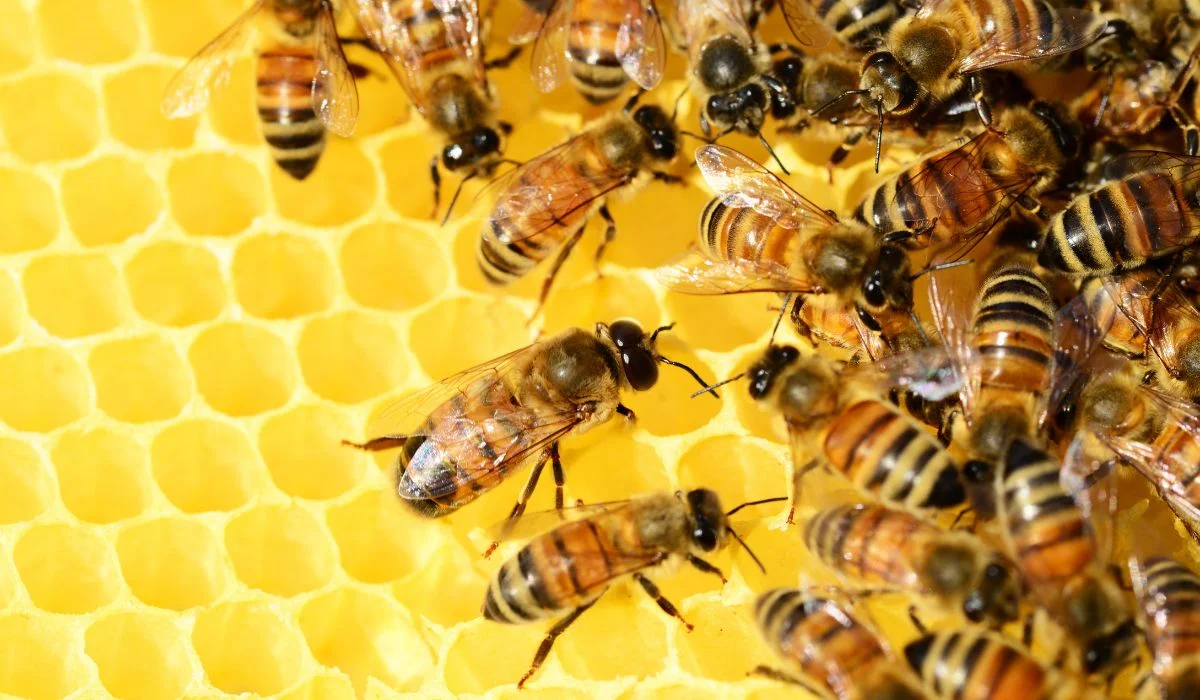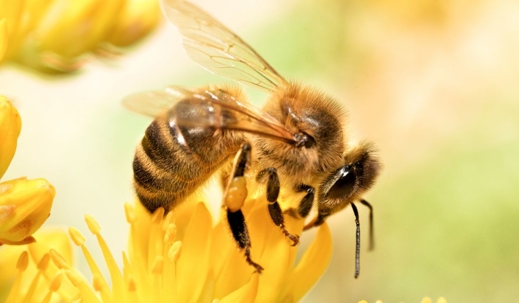Are Honey Bees Protected in Florida?
In Florida, honey bees are not just buzzing around—they're critical to our wild plants and vital for crops that boost the economy.
However, threats like pests and habitat loss are putting these hardworking pollinators at risk. Understanding Florida’s complex laws and conservation efforts can shed light on how well these bees are protected.
Let's dive into what's being done to keep these essential insects thriving in the Sunshine State.
Key Takeaways
- Honey bees are protected in Florida due to their crucial role in pollination, which significantly benefits the state's agriculture and ecosystems.
- The decline in honey bee populations severely threatens Florida’s environment and agriculture, emphasizing the need for conservation efforts.
- As property owners in Florida, you can support honey bee conservation by creating bee-friendly habitats and supporting local beekeepers.
- Strict state and federal laws in Florida protect honey bees, and there are significant legal consequences for those who harm them.
- Engaging professionals in safe honey bee removal is recommended to preserve their beneficial impact on Florida's ecological and agricultural health.
Are Honey Bees Protected in Florida?

In the state of Florida, honey bees are safeguarded by specific state laws and federal guidelines. Hence, those who harm these pollinators may face serious legal consequences.
State Protection Laws
The Florida statutes are designed to protect honey bees, which are vital for agriculture and the environment.
The Florida Department of Agriculture and Consumer Services (FDACS) directs apiculture, with the Apiary Inspector overseeing it.
Legal consequences of harming bees in Florida are regulated through rigorous apiary inspection protocols. It includes:
- Fines: Individuals or companies may be fined if found guilty of intentionally harming honey bees.
- Legal Charges: Depending on the severity, charges could range from misdemeanors to felonies for wrongful harm or destruction of hives.
- Pest Control Operator (PCO) Regulations: PCOs must comply with specific guidelines to avoid harming bees, especially when dealing with hives in places like water meter boxes.
- Grower Responsibilities: Growers must follow best management practices and be cautious when using pesticides to avoid bee casualties, as negligent use can lead to legal accountability.
Federal Regulations and Guidelines
On a federal level, USDA regulations and other guidelines are in place to protect honey bees, which are crucial for the ecosystem.
Federal Guideline | Requirement |
Registration of Hives | Beekeeper registration is mandatory, as they must register their hives. |
Pesticide Application | There are strict guidelines on pesticide usage near bees. |
Reporting of Bee Kills | Any large-scale bee deaths must be reported. |
Habitat Conservation | Guidelines encourage the conservation of bee habitats. |
Why Are Honey Bees Protected in Florida?
In America, particularly in Florida, honey bees are protected due to their indispensable role in the American environment and agricultural economy.
With their declining population, the state has regulations governing the removal and management of honey bee colonies, particularly those encouraging safe relocation over destruction.
Honey Bee Role in Pollination
According to an entomology study by the University of Florida—Institute of Food and Agricultural Sciences (UF/IFAS)—honey bees are vital pollinators of many plant species.
Here’s a closer look at endangered plants dependent on this bee activity:
Endangered Plants | Reliance on Honey Bee Pollination |
Pine Rockland Milkweed | High |
Florida Bonneted Bat | Moderate |
Scrub Buckwheat | High |
Carter’s Mustard | High |
Florida Ziziphus | Moderate |
Contributions to the Environment
Honey bees are agents of cross-pollination, aiding plants' genetic diversity and contributing to robust ecosystems. They are instrumental in maintaining the health of natural habitats.
Here's a look at the habitats benefiting from them:
Natural Habitats | Benefits from Bee Pollination |
Everglades | Plant diversity and upkeep |
Pine Flatwoods | Maintenance of floral species |
Hardwood Forests | Seed dissemination |
Scrub Habitats | Floral diversity |
Threats from Declining Populations
The decline in honey bee populations, including Africanized honey bees and European honey bees, poses a real threat to Florida's ecology and agriculture.
Besides honey bee pests, other crucial factors contributing to this decline include:
- Pesticide exposure
- Loss of foraging habitats
- Parasites and diseases
- Climate change impacts
- Competition with invasive species
How Can You Help Honey Bees?
As property owners in Florida, you can play a crucial role in maintaining honey bee populations through various actions, such as managing nuisance honeybees.
Each effort contributes significantly to bee well-being and, by extension, to the health of local ecosystems and agriculture.
Create Bee-Friendly Habitats
As homeowners in Florida, you have the unique opportunity to transform your gardens into sanctuaries for honey bees.
Regardless of the available space, here’s how to create an inviting habitat where a honey bee swarms:
- Provide a variety of flowers that bloom at different times of the year.
- Ensure a continuous pollen source throughout the seasons.
- Avoid the use of pesticides on the plants in your garden.
- Offer clean water sources for bees to hydrate.
Should You Seek the Bee Experts?
When Florida's honey bees are buzzing through your backyard, you might wonder if you should dial up the bee experts. Since honey bees are crucial for the environment, involving those who know their bee business is wise.
So, if you've got a buzzing hive at your place, give professional pest control companies (like us, here at Native Pest Management) a ring. We can safely handle the situation, and you get to feel like a superhero for saving the bees!
Plus, you get the satisfaction of knowing the bees continue to support Florida’s beautiful ecosystem without their eradication.
